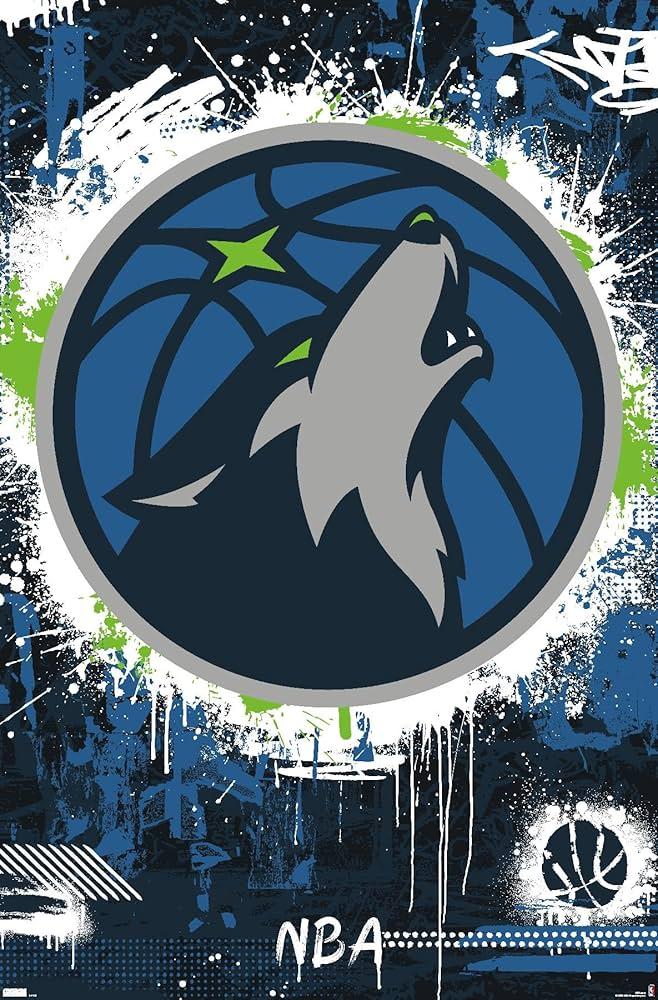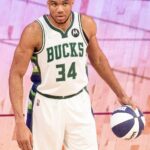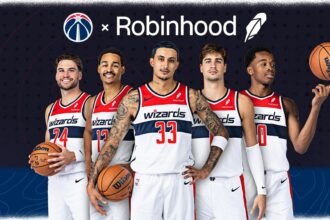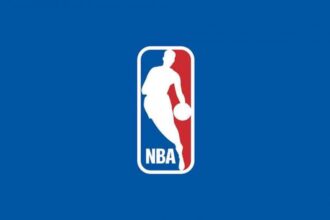The Minnesota Timberwolves find themselves at a crossroads following recent developments surrounding Malik Beasley, reigniting discussions about a potential reunion. Despite Beasley’s improved performance and growing buzz among fans and analysts, the organization faces critical decisions about roster construction and team chemistry. As the Timberwolves weigh the implications, experts argue that bringing Beasley back may do more harm than good, emphasizing the need for a long-term strategy over short-term gains. This article examines why Minnesota should steer clear of a Beasley reunion, even in light of the latest news.
Timberwolves Face Risks in Rekindling Partnership with Malik Beasley
The Minnesota Timberwolves find themselves at a crossroads regarding a potential reunion with Malik Beasley. Despite his impressive scoring ability and familiarity with the Wolves’ system, the risks associated with re-signing Beasley cannot be overlooked. His history of on- and off-court distractions have previously disrupted team chemistry and raised concerns about long-term reliability. The organization must weigh whether his talent justifies the potential instability he could bring to a roster still striving to maintain cohesion around its core players.
From a strategic standpoint, the Wolves have viable alternatives that align better with their rebuilding trajectory. Prioritizing young, unproven talent or cost-effective veterans might serve the franchise better without compromising locker room dynamics. Below is a quick comparison outlining key factors in reconsidering Beasley’s return:
| Factor | Beasley Reunion | Alternative Options |
|---|---|---|
| Scoring | Excellent spot-up shooting | Developing young shooters |
| Team Chemistry | History of distractions | Stable locker room presence |
| Financial Impact | May demand higher salary | Cap-friendly deals |
| Long-Term Fit | Questionable commitment | Growth potential with core |
- Priority should be maintaining team unity. Disruptions, even from talented players, can cost more than their on-court contributions.
- Youth development remains critical. Focusing on emerging talents will build a stronger foundation than reintroducing past risks.
Analyzing Beasleys Recent Performance and Off-Court Concerns Impacting Team Dynamics
Malik Beasley’s recent on-court statistics suggest a player still capable of contributing significant scoring off the bench, yet his inconsistency remains a glaring concern. Over the last 15 games, Beasley has averaged 14.3 points per game shooting just under 37% from beyond the arc, a noticeable dip compared to his peak years. While his ability to create space and hit timely shots is an asset, defensive lapses and limited facilitation continue to hold him back from being a true two-way player. The Timberwolves, aiming to build a more cohesive unit around young stars, require a reliable perimeter threat who can maintain offensive efficiency without sacrificing team defense.
Off the court, Beasley’s history of legal issues and disciplinary actions has repeatedly raised red flags regarding his impact on locker room chemistry. Sources close to the organization hint that his presence has previously introduced distractions, creating tensions among teammates and coaching staff alike. The Wolves front office must weigh these intangible factors carefully, especially when younger talents like Anthony Edwards and Jaden McDaniels thrive in a more stable environment. Key concerns include:
- Recurring off-court controversies affecting player focus
- Trust and leadership challenges within the locker room
- The risk of disrupting emerging team dynamics
| Factor | Impact Level | Notes |
|---|---|---|
| Scoring Consistency | Medium | Solid but fluctuating shooting percentages |
| Defensive Contributions | Low | Below team expectations |
| Locker Room Stability | High | Previous frictions reported |
Strategic Alternatives for Timberwolves Prioritizing Long-Term Stability Over Short-Term Gains
In evaluating their path forward, the Timberwolves would do well to focus on building a foundation that endures beyond fleeting successes. While Malik Beasley’s recent news might present a tempting opportunity for a reunion, management must assess whether short-term offensive bursts align with the franchise’s broader vision. Stability in team chemistry, player development, and salary cap flexibility provide far greater value than the potential instant gratification from reuniting with a familiar scorer whose style may not fully complement emerging core talents.
Prioritizing sustainable growth means investing in versatile young players and maintaining roster flexibility to adapt as the NBA landscape evolves. The following strategic priorities could serve the Timberwolves better than revisiting past personnel decisions:
- Focus on Developing Young Assets: Maximize minutes for promising prospects to secure a robust competitive future.
- Maintain Cap Space Flexibility: Avoid long-term financial commitments that could hamper future acquisitions.
- Target Role Players with Defensive Prowess: Complement offensive stars with defenders who elevate overall team balance.
- Prioritize Culture and Cohesion: Build a locker room environment that fosters growth, resilience, and accountability.
| Strategic Focus | Benefit | Risk of Beasley Reunion |
|---|---|---|
| Youth Development | Long-term depth and flexibility | Limits playing time for emerging talent |
| Cap Space Management | Allows for bigger trades/free-agent moves | Beasley’s contract demands restrict future moves |
| Defensive Identity | Balanced team capable of playoff success | Beasley’s defensive liabilities counteract this goal |
Future Outlook
As the Timberwolves navigate their roster decisions ahead of the upcoming season, the recent developments surrounding Malik Beasley have reignited discussions about a potential reunion. However, despite the familiarity and Beasley’s proven scoring ability, the risks tied to his off-court issues and fit within the team’s long-term vision remain significant. For Minnesota, the priority should be building a cohesive, disciplined squad focused on sustainable growth rather than revisiting past chapters that may disrupt that progress. Ultimately, steering clear of a Beasley return appears to be the more prudent path forward for the Wolves as they aim to solidify their identity and competitiveness in the evolving landscape of the NBA.














